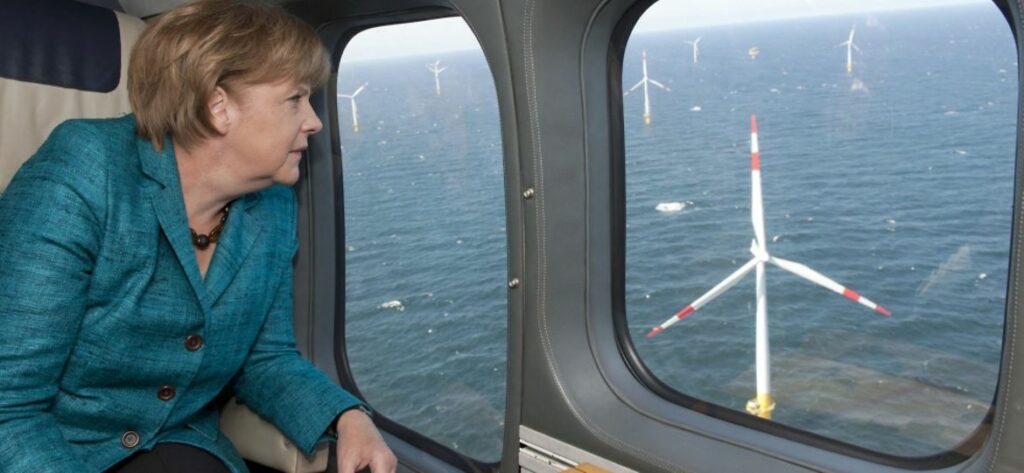 The Energiewende, Germany’s energy transition, has drawn a lot of international attention. But mostly for the wrong reasons. Observers have portrayed Germany as a leader in deploying renewables or as being on a lunatic track shutting down nuclear power (or perhaps even to switch to coal). However, many other countries are shutting nuclear and moving faster towards renewables.
The Energiewende, Germany’s energy transition, has drawn a lot of international attention. But mostly for the wrong reasons. Observers have portrayed Germany as a leader in deploying renewables or as being on a lunatic track shutting down nuclear power (or perhaps even to switch to coal). However, many other countries are shutting nuclear and moving faster towards renewables.
What has made the German story so unique is that its citizens have driven the Energiewende. Along with Denmark, Germany has been a pioneer where this transition has been primarily driven not by corporate power, but by ordinary people. My co-author Craig Morris and I describe the history of the German energy transition in Energy Democracy: Germany’s Energiewende to Renewables. An energy transition in the hands of citizens offers a great opportunity to involve stakeholders, to strengthen communities and to democratize the energy supply.









